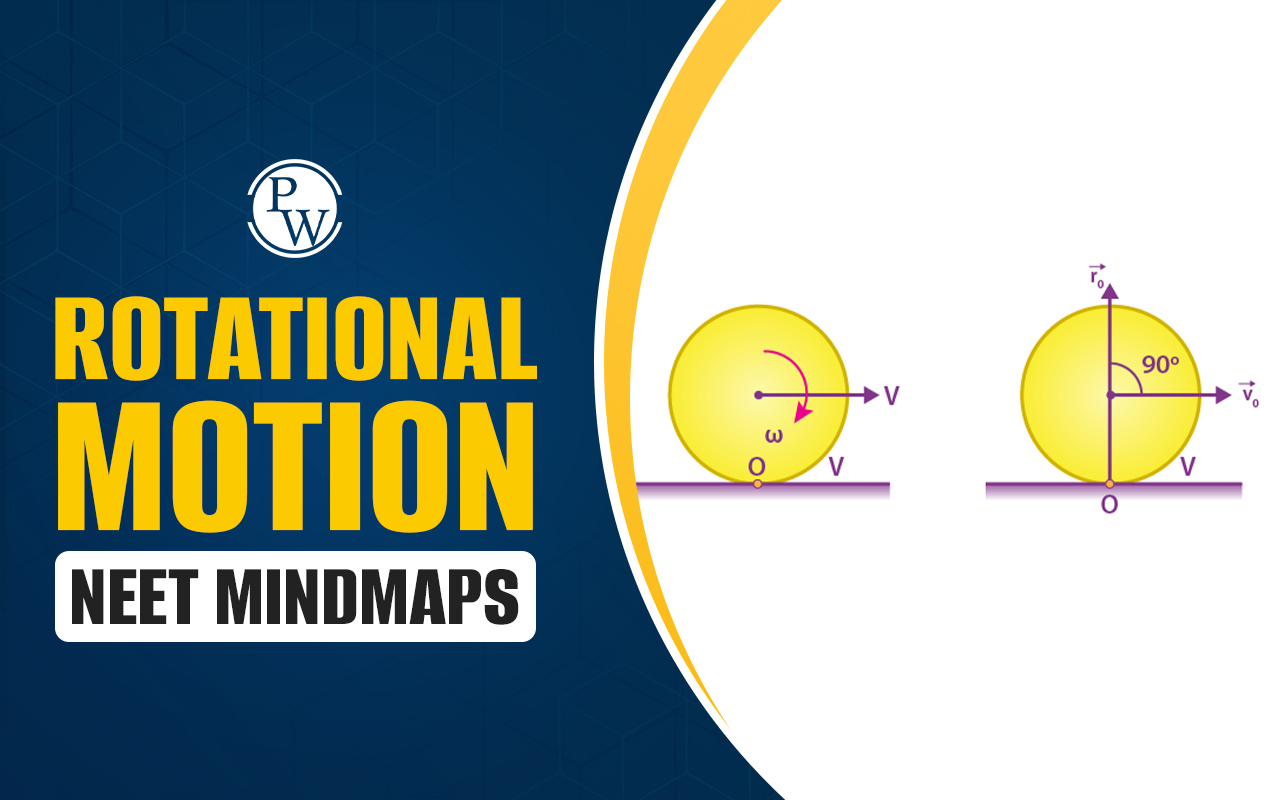

List of Colleges for NEET AIQ Rank 50000 to 75000 includes many well-known government and private medical colleges across India. Students with an NEET All India Rank (AIR) between 50,000 to 75,000 have a fair chance of getting a seat in colleges like Guntur Medical College, Pt. B.D. Sharma PGIMS Rohtak, Bundelkhand Medical College, and others.
To get a rank between 50,000 to 75,000, students usually need a NEET score between 250 to 101 marks. Once qualified, students are invited for All India Quota (AIQ) counselling, where seat allotment is done based on NEET AIQ rank. We will find the full List of Colleges for NEET AIQ Rank 50000 to 75000, including government and private options, along with expected cutoff marks and tips to choose the right college.
Also Check:
List of Colleges for NEET AIQ Rank 50000 to 75000 Overview
Students can find the table below, where colleges are grouped based on AIR ranges from 50,000 to 75,000. The list includes well-known government medical colleges that usually accept candidates.
|
List of Colleges for NEET AIQ Rank 50000 to 75000 |
|
|
Rank Range |
Medical Colleges |
|
50,000–55,000 |
|
|
55,000–60,000 |
|
|
60,000–65,000 |
|
|
65,000–70,000 |
|
|
70,000–75,000 |
|
Also Check: NEET 2025 State‑Wise Qualified Trends
List of Private Colleges for NEET AIQ Rank 50000 to 75000
Along with government colleges, several private medical colleges accept NEET AIQ ranks between 50000 and 75000. These colleges offer MBBS seats mostly under the management or institutional quota. The fees in private colleges are generally higher, but they are still a good option if government seats are not available.
|
Top Private Colleges Accepting Rank 50000 to 75000 |
||
| College Name | Location | Type |
| Hamdard Institute of Medical Sciences | New Delhi | Private |
| Bharati Vidyapeeth Deemed Medical College | Pune, Maharashtra | Deemed |
| Kalinga Institute of Medical Sciences | Bhubaneswar, Odisha | Deemed |
| Kasturba Medical College | Mangalore, Karnataka | Deemed |
| SRM Medical College | Chennai, Tamil Nadu | Deemed |
| KS Hegde Medical Academy | Mangalore, Karnataka | Deemed |
| DY Patil Medical College | Kolhapur, Maharashtra | Deemed |
Also Check: How Many Students Appeared for NEET 2025?
Expected NEET 2025 Marks vs Rank Analysis (AIR 50,000 to 75,000)
This section will help you understand how NEET 2025 scores relate to AIR in the range of 50,000 to 75,000. These are expected values based on past trends and may change slightly for NEET 2025.
| Expected Marks vs Rank | |
| NEET Marks (Expected) | NEET Rank (Expected) |
| 549 – 540 | 46,754 – 53,539 |
| 539 – 530 | 53,546 – 60,853 |
| 529 – 520 | 60,855 – 68,444 |
| 519 – 510 | 68,448 – 76,497 |
Factors Determining NEET AIQ Rank 50000 to 75000
A student’s All India Rank (AIR) in NEET depends on many different things. If your rank is between 50,000 to 75,000, it means your NEET score is likely between 510 to 549 marks. Let’s understand what factors affect this rank range.
-
Total Number of Students Appeared: The total number of students appearing for NEET that year affects rank. If more students take the exam, then the same marks may result in a lower rank. For example, in NEET 2025, if 23 lakh students appear, the competition will be higher.
-
Your NEET Score: Your marks in the NEET exam directly decide your rank. Even a difference of 1 or 2 marks can change your rank by hundreds of positions. So, your exact score matters a lot in deciding your AIR.
-
Difficulty Level of the Exam: If the NEET paper is tough, then even students scoring 510 marks may get a better rank than usual. If the paper is easy, then the cut-off marks and rank difference becomes narrow. So, paper difficulty also plays a big role.
-
Category-wise Distribution: Your category also affects your admission, not your NEET rank directly. But for admission under AIQ, each category (UR, OBC, SC, ST, EWS) has different seat allotments. Even if two students have the same rank, their admission chances differ based on the category they belong to.
-
Reservation Policy: Government rules on reservation for categories like OBC, SC, ST, and EWS play a role in seat allotment. This may affect the last rank that gets admission in each college.
Factors to Consider Before Choosing a Medical College
Every student wants the best college within their rank range. But choosing a college is not only about marks or seats. There are several important points students must think about while shortlisting colleges between NEET 50,000 to 75,000 rank.
-
NIRF Ranking: The NIRF (National Institutional Ranking Framework) ranks colleges based on teaching quality, research, placements, etc. Choose colleges that are ranked well to ensure a good medical education experience.
-
College Approval & Accreditation: Always check whether the college is approved by NMC (National Medical Commission) and previously MCI. This ensures that the degree you earn will be valid for further practice or higher studies.
-
Faculty Expertise: Good faculty members help in better learning. Check if the teachers are experienced and qualified, especially in key subjects like anatomy, physiology, pathology, etc.
-
Campus Infrastructure: Look for colleges with proper labs, libraries, hostel facilities, internet access, and recreational activities. These will help you stay healthy and focused during the course.
-
Location & Accessibility: Try choosing a college close to your home or easily reachable by road, rail, or air. This will save travel time and make it easier for parents to visit if needed.
-
Hospital Tie-ups: The college must be attached to a teaching hospital with good patient flow. This is important for practical exposure and internship experience.
List of Colleges for NEET AIQ Rank 50000 to 75000 FAQs
Can I get admission to a government medical college with NEET AIQ Rank 70,000?
What NEET 2025 score is needed for a rank between 50,000 to 75,000?
Are private colleges a good option for 50000-75000 rank range?
Can I apply for both AIQ and state quota counselling?
What documents are needed during NEET counselling?













